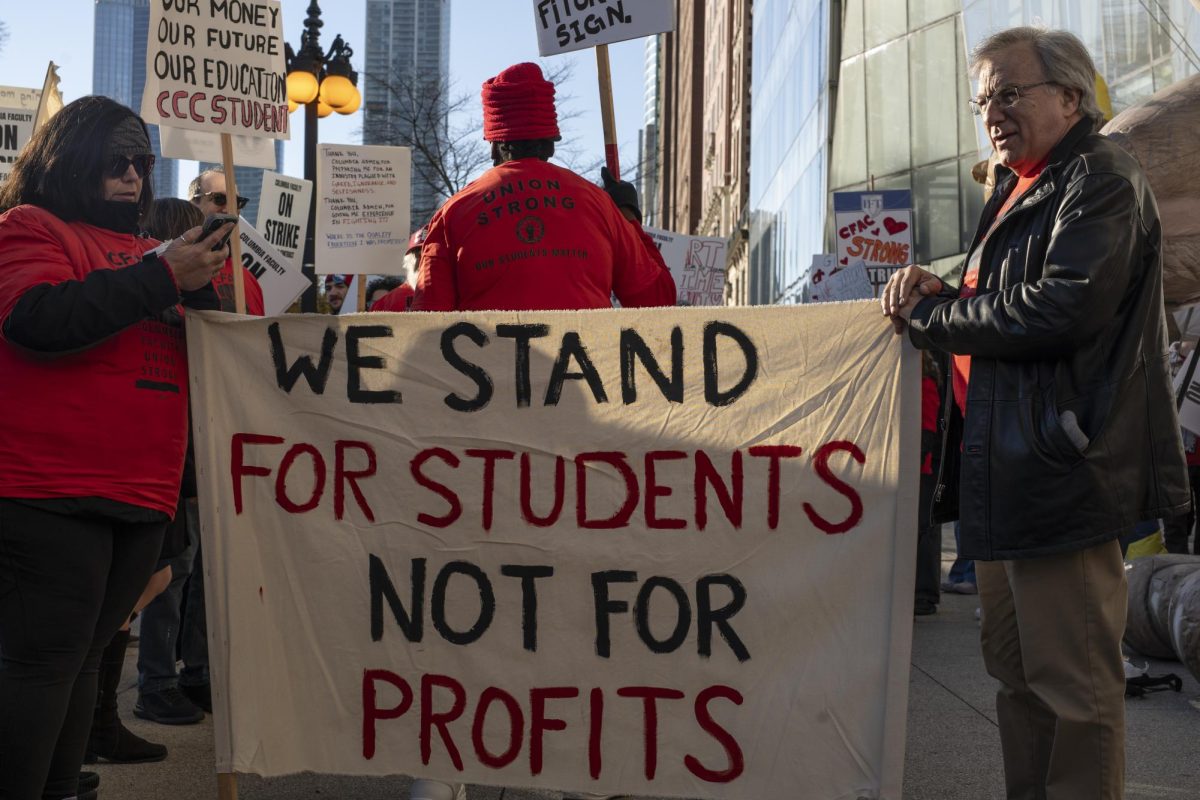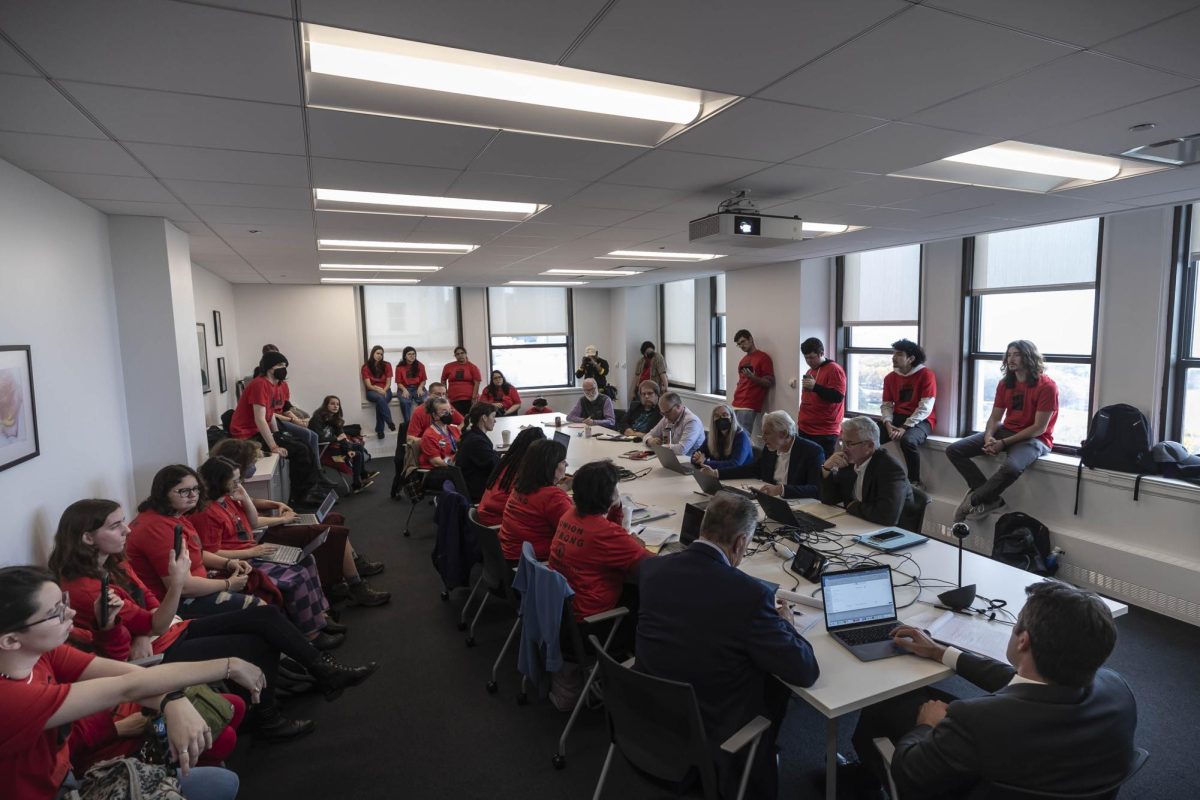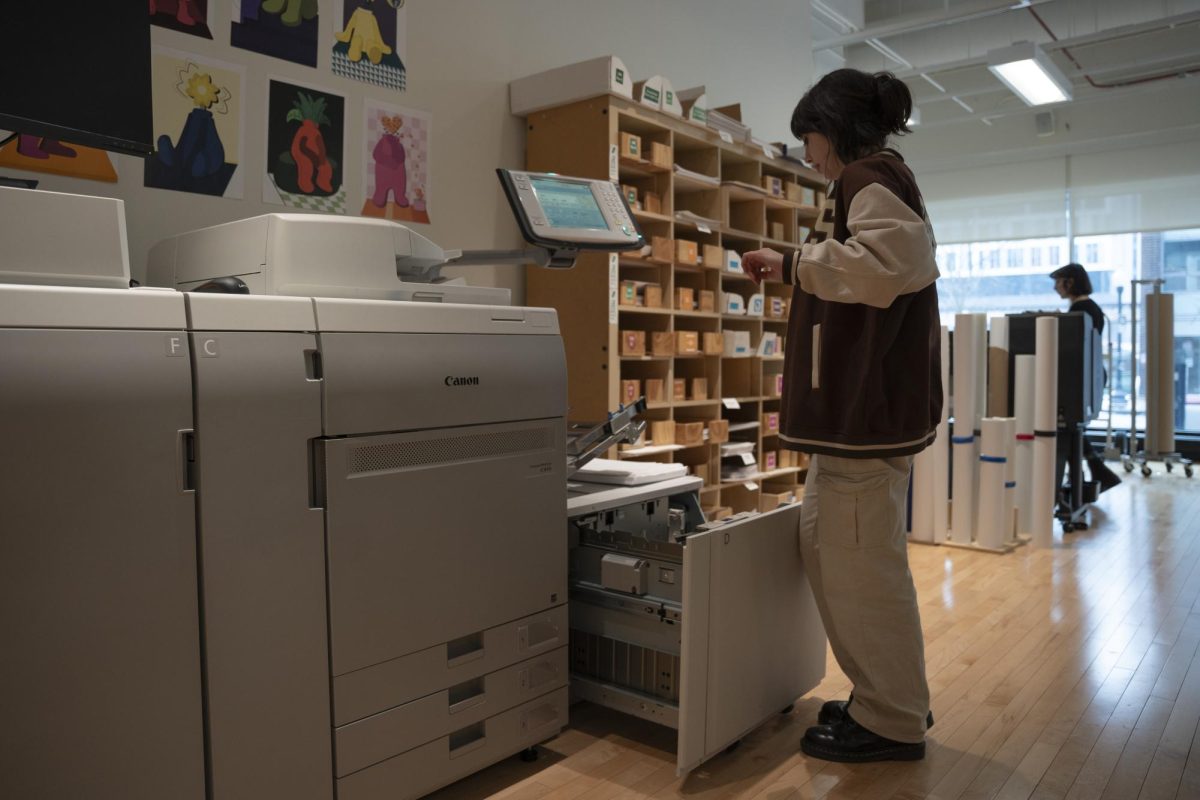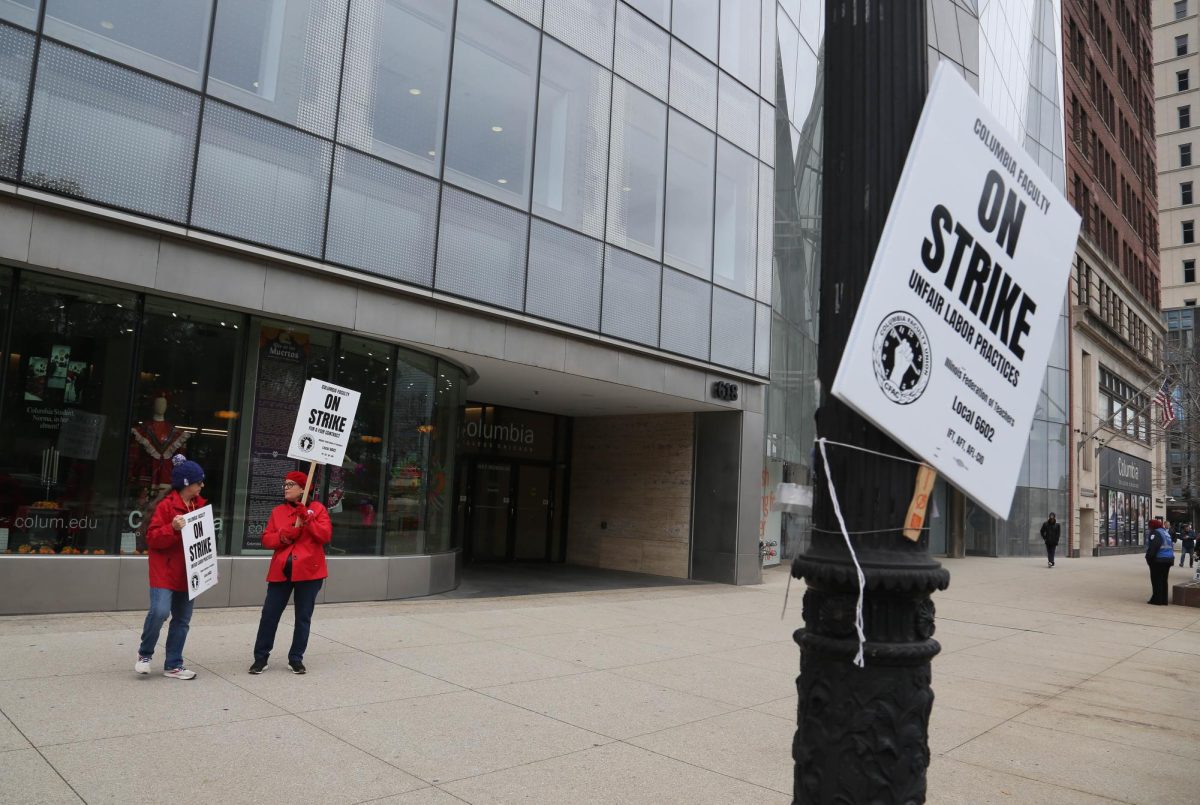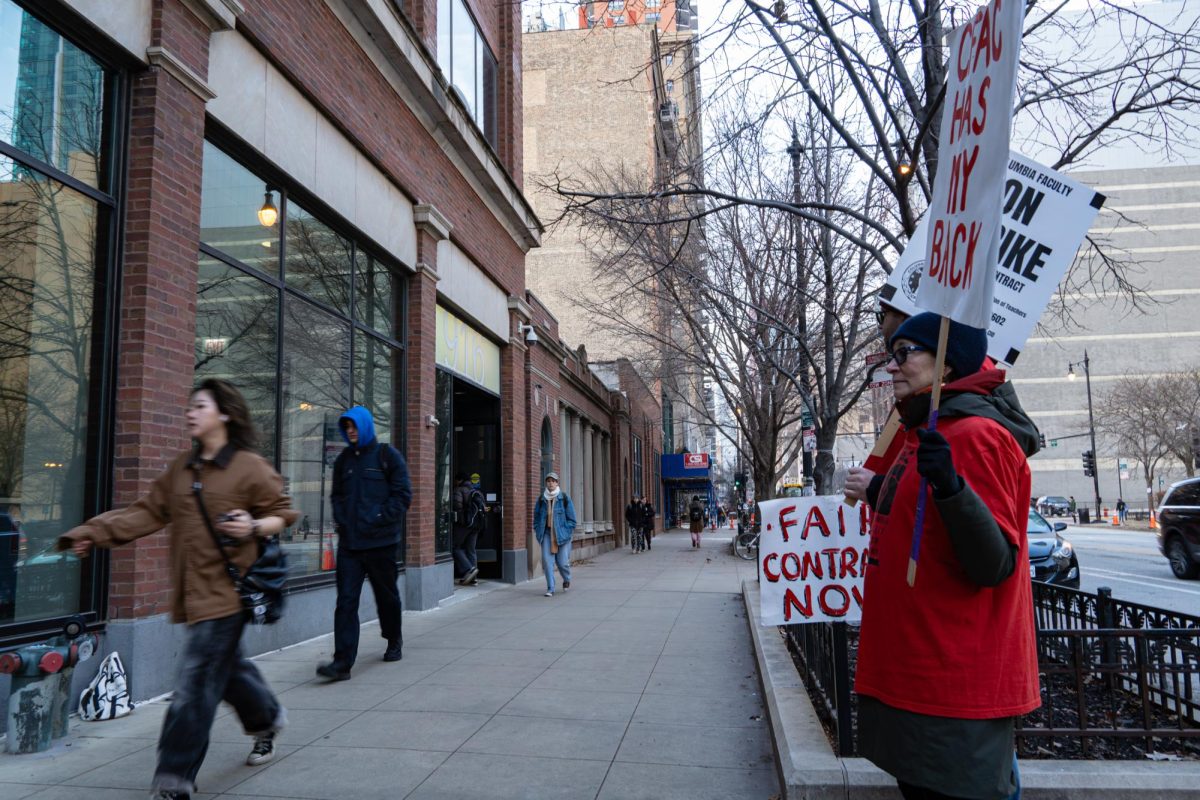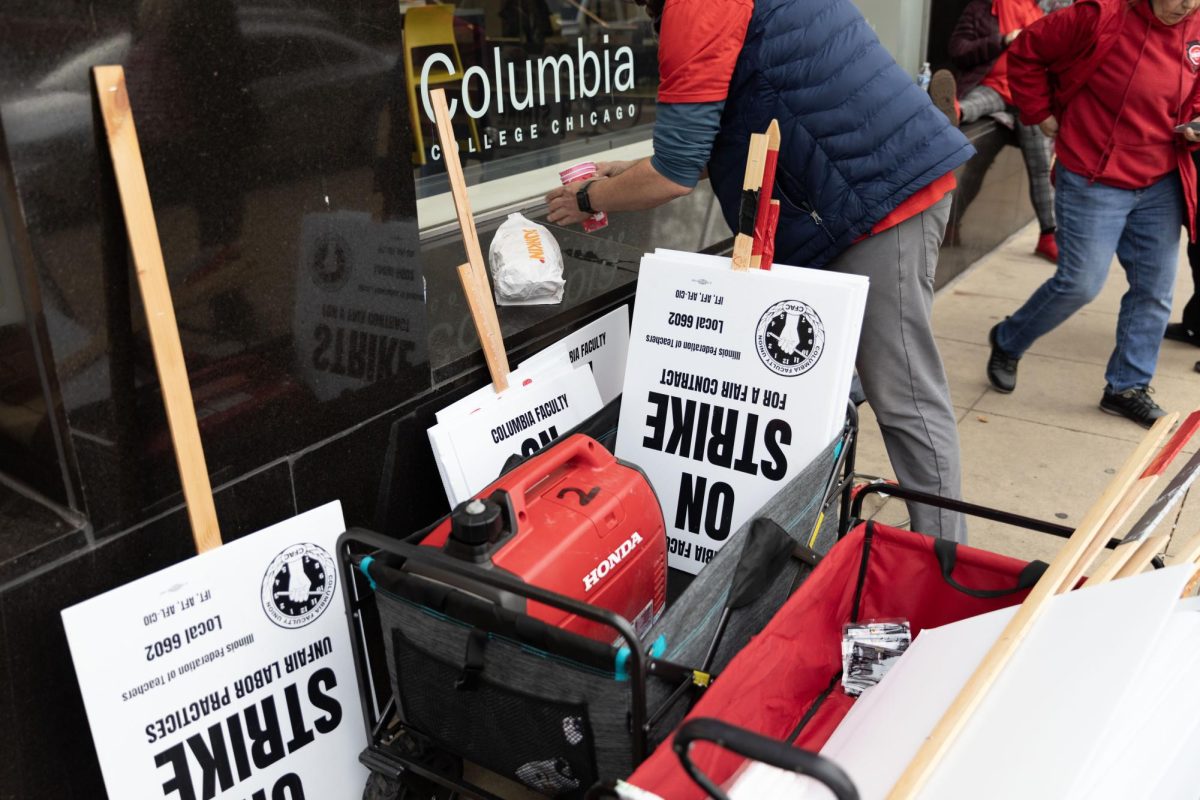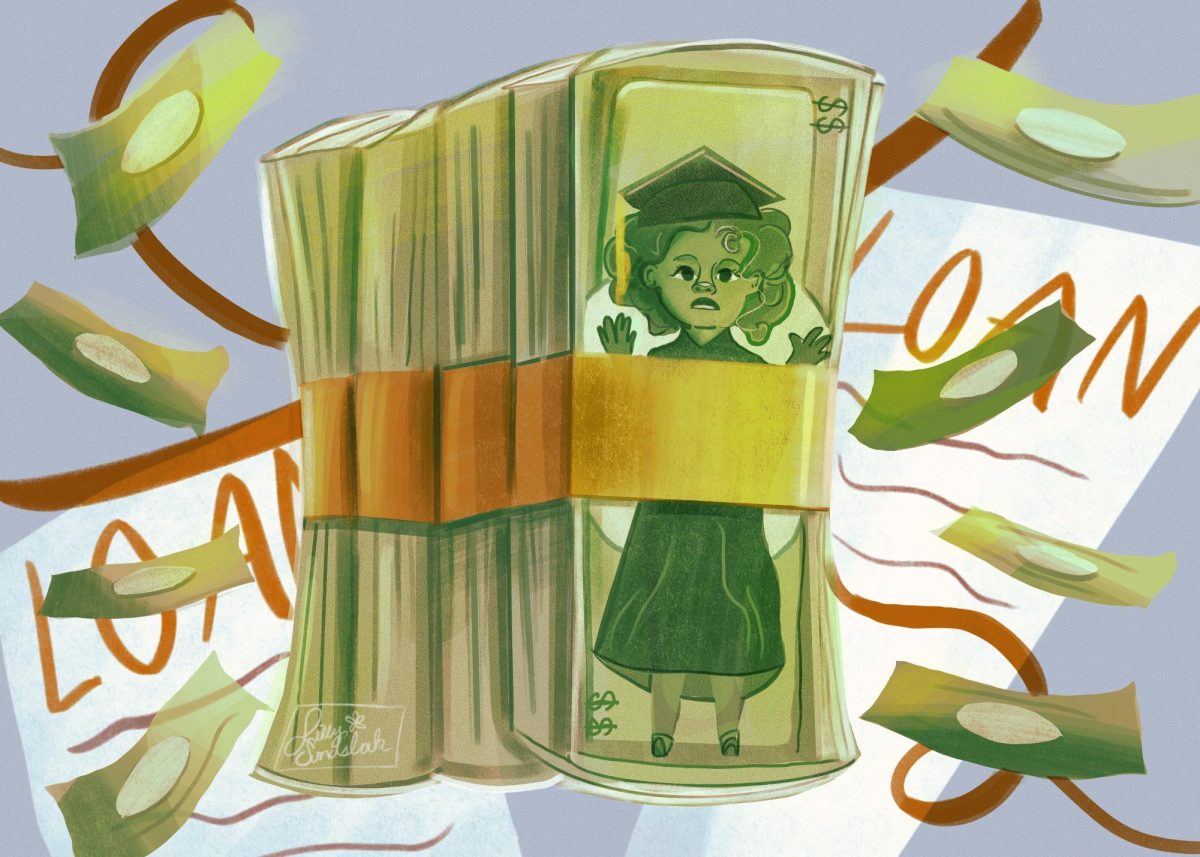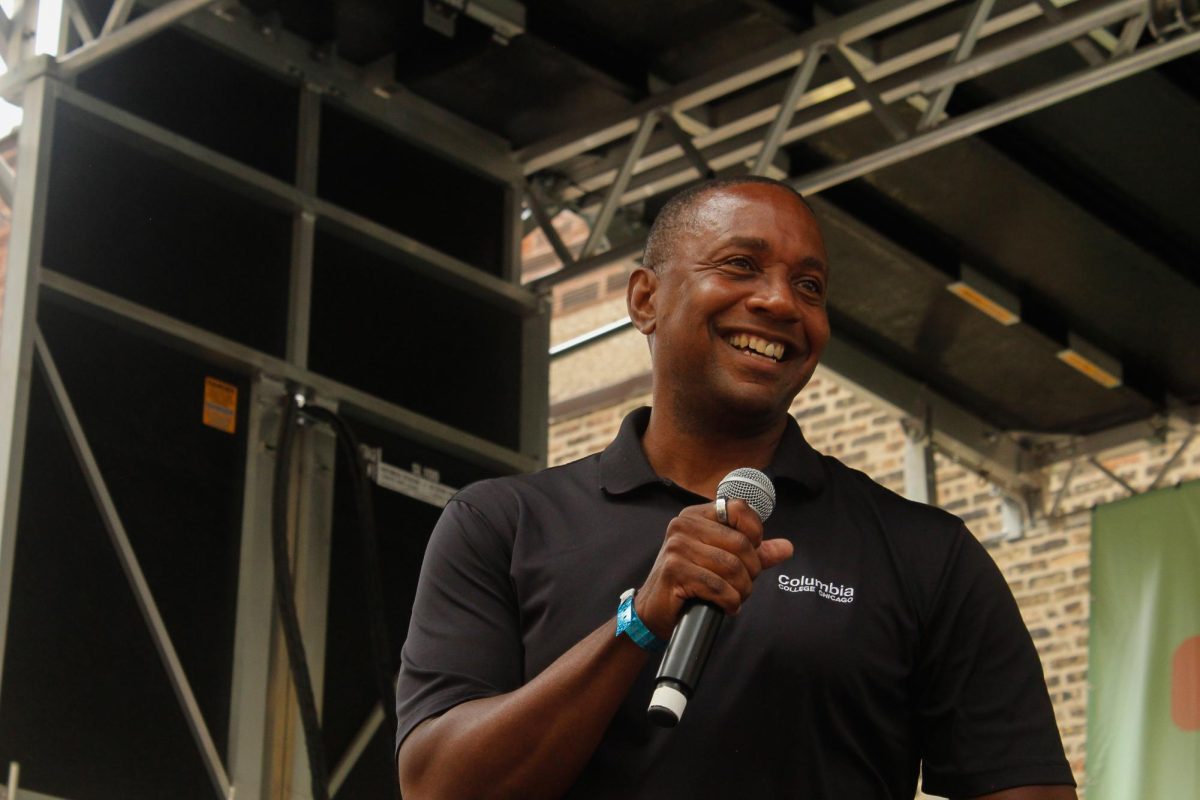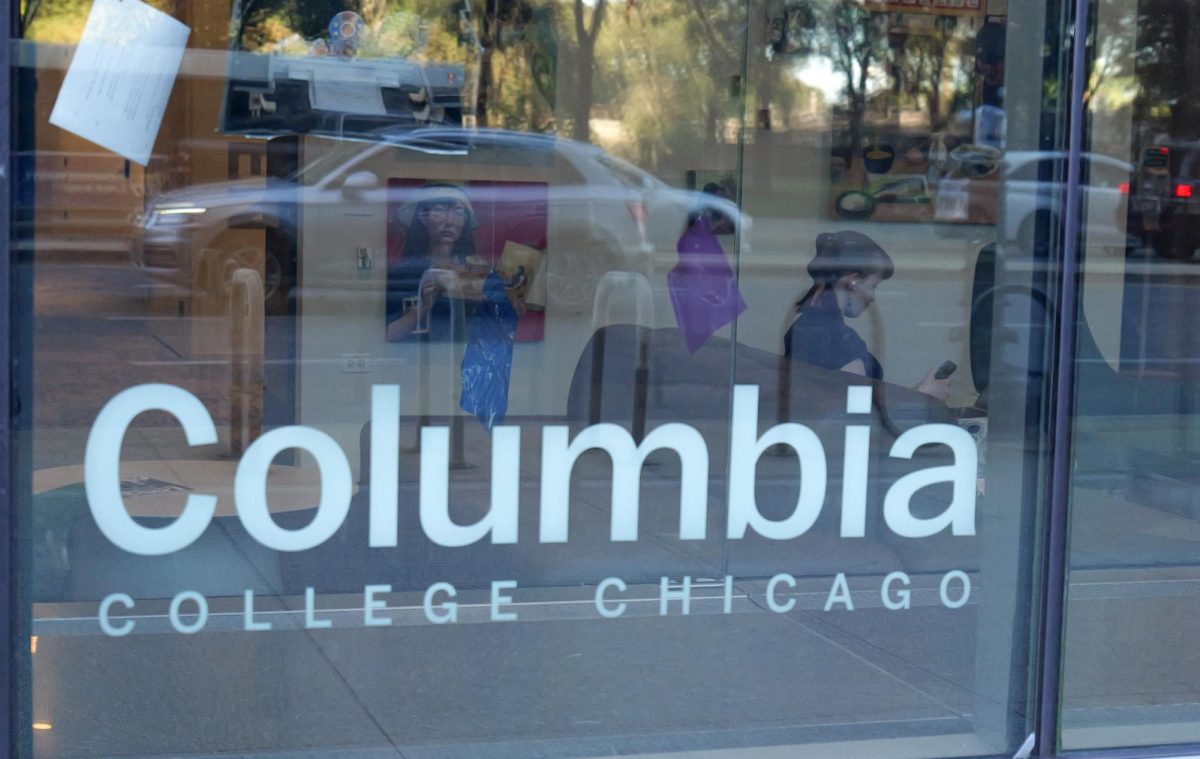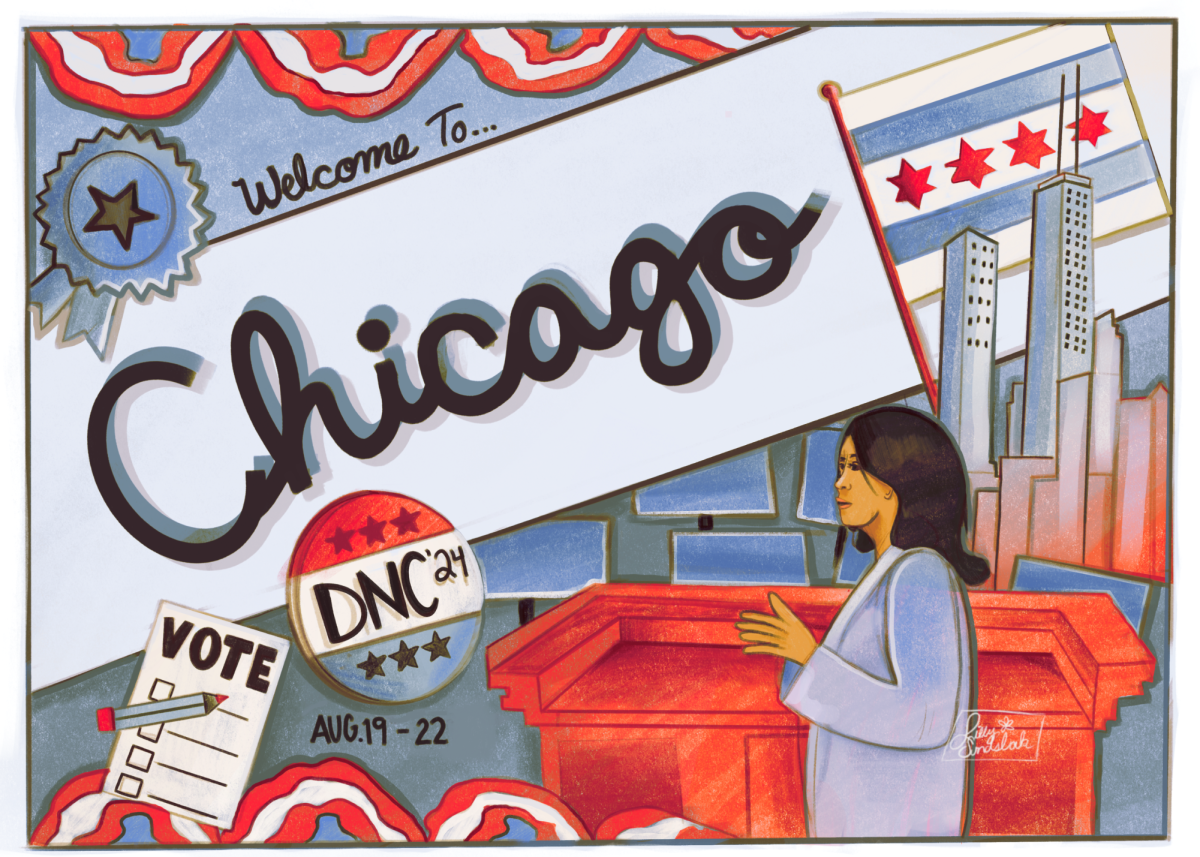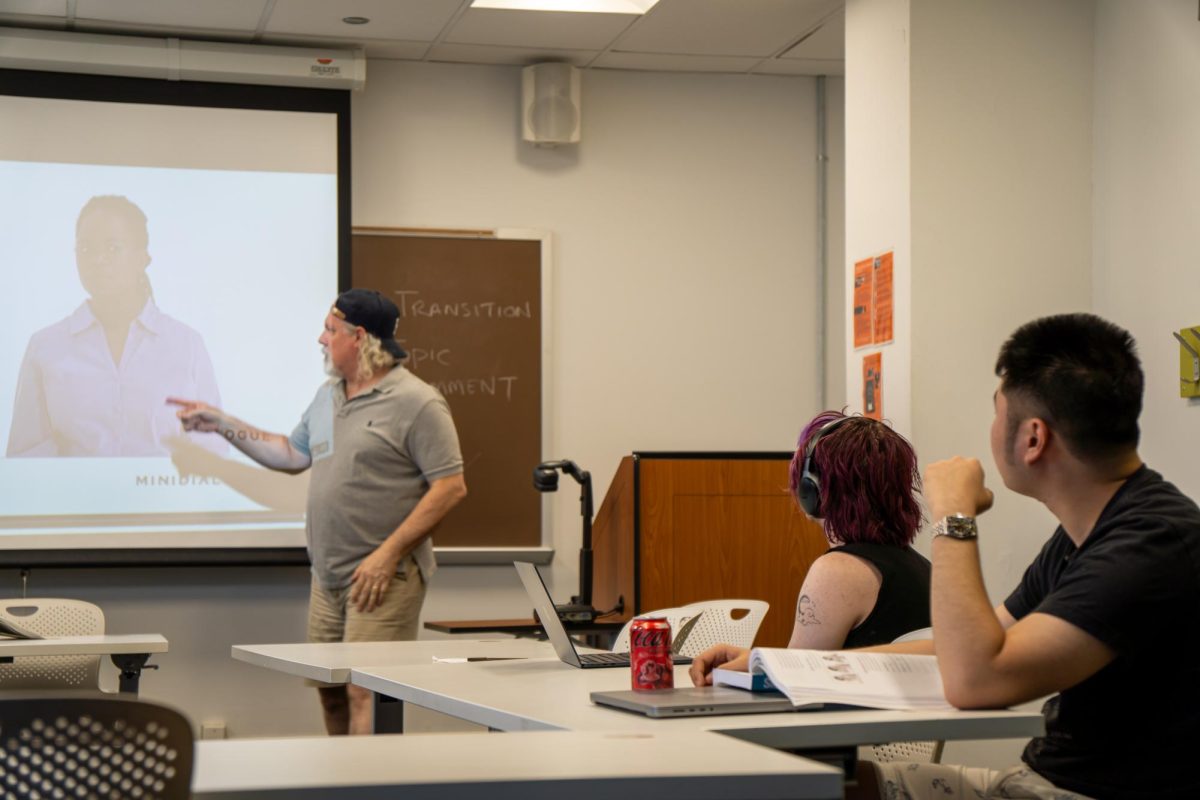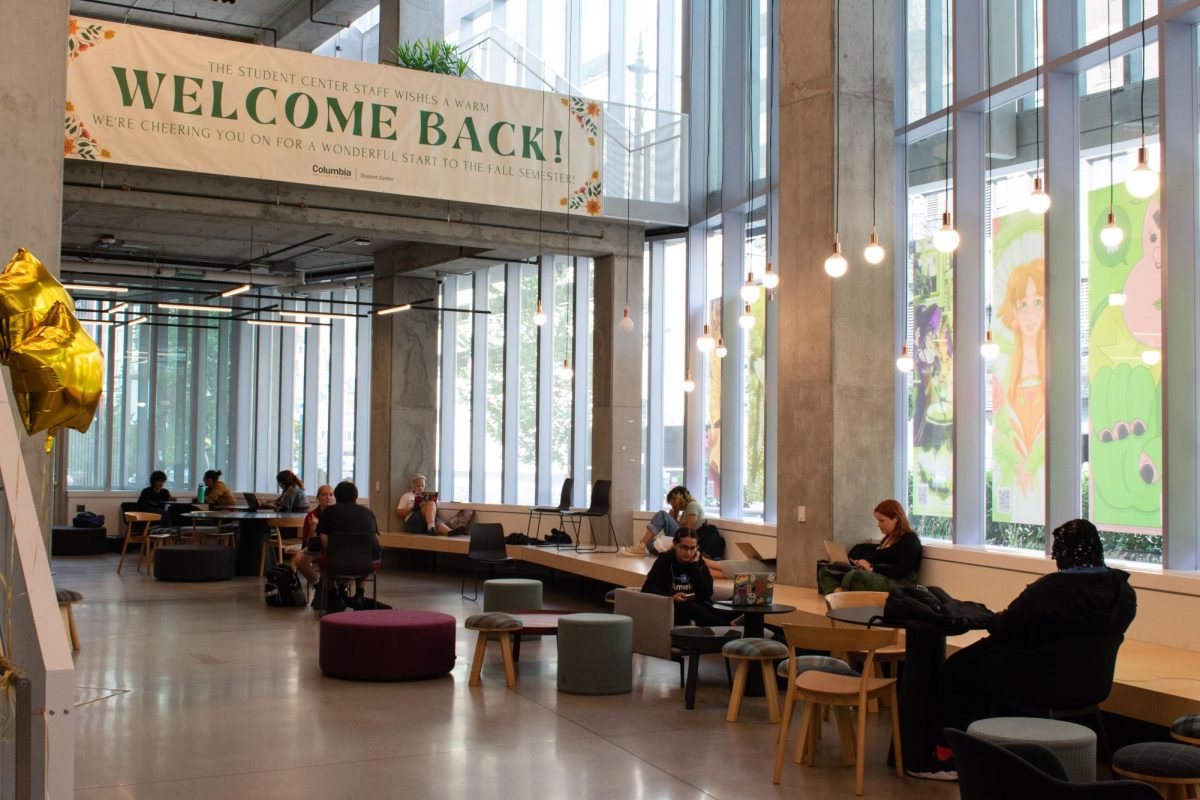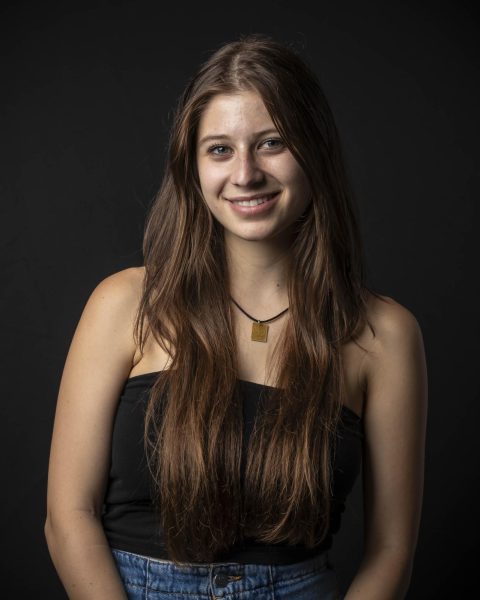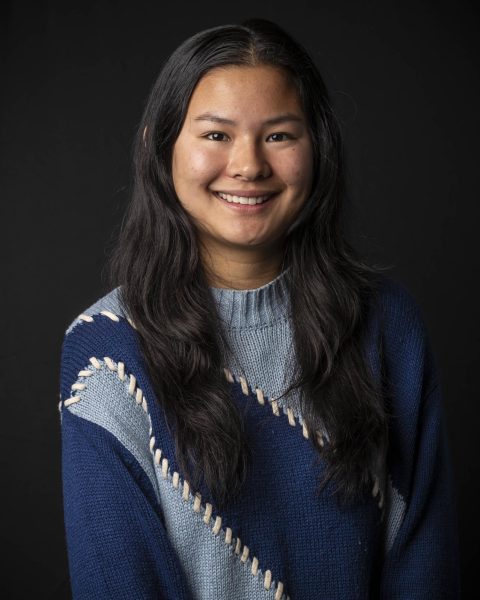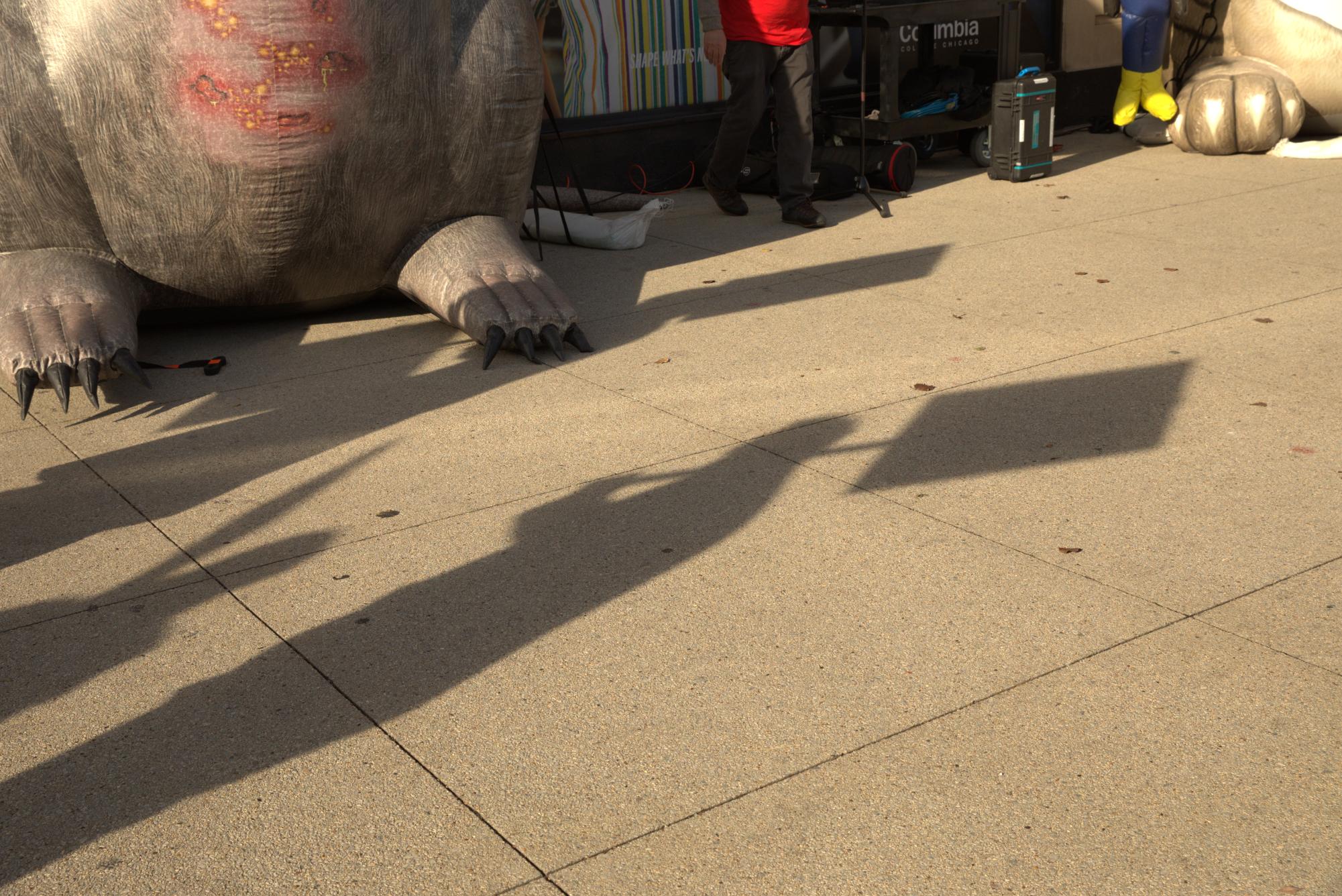
As the union closes out the sixth week of their strike, the two sides have been unable to reach a deal, even with the help of a federal mediator.
The union and the college have had five mediated bargaining sessions, said Lambrini Lukidis, associate vice president of Strategic Communications & External Relations.
Mediation itself is when a third party assists negotiations between two parties, helping them come to an agreeable outcome.
Yet, negotiations remain at a stalemate, and the college is already thinking ahead of a possible impact on the spring semester.
If the mediation doesn’t work, the next step is to call in an arbitrator or even go to court, but those actions are not under the jurisdiction of the Federal Mediation and Conciliation Service.
“There’s a robust recognition of the effectiveness of expert mediators,” said Shane Davis, field operations manager in Region 4 for the Federal Mediation and Conciliation Service. Davis is not involved in the Columbia negotiations.
“We get involved in cases that have escalated on a very regular basis, not just around the country, but Illinois fairly often,” he said.
At this point, the union and college don’t even seem to be in agreement on what the points of difference are.
Columbia Faculty Union President Diana Vallera has said the part-time union’s three major issues are: wanting to be contacted by the college before decisions are made, maintaining smaller class sizes with more sections and “maintaining core curriculum.”
CFAC represented 584 part-time instructors at the start of the strike on Oct. 30. Part-time instructors are the majority of Columbia’s teachers. The college has 221 full-time faculty members.
In an email update this week, Chief of Staff Laurent Pernot and Terence Smith, special counsel labor relations, said it had withdrawn its prior offer and made a new one, with raises, medical benefits and “some degree of guaranteed course offers for most part-time faculty.”
Since the strike started, the majority of classes have been impacted. Provost Marcella David told parents in a recent Zoom meeting that of the 1,200 sections being taught this fall, 800 were impacted by the strike.
Davis said when mediators step into negotiations to help settle disputes that they aren’t “decision-makers” and that service is not a decision-making body.
“[Mediation] is an art, not a science,” Davis said.
Davis said the most important thing a mediator can bring to a dispute is neutrality.
“I can’t mediate my own family because I am one of the parties,” Davis said. “Mediators bring neutrality; they don’t live with the outcomes.”
The union had initially pressed for Mayor Brandon Johnson to help mediate. Johnson is a former paid organizer for the Chicago Teachers Union who won his race for mayor with the backing of the city’s labor unions.
FMCS itself is a branch of the government, funded by taxpayer dollars. It is the country’s largest public agency for dispute resolution and conflicting management, providing mediation services for private, public and federal sectors.
FMCS reached out to Smith and Vallera in May, ahead of when the union’s contract was due to expire at the end of August.
The college agreed to a mediator on Nov. 16, emails showed. The union formally agreed to mediation at the end of November.
Mediation is a process where both parties have to agree to bring in a mediator before it can begin. But it doesn’t always yield immediate results.
The Screen Actors Guild-American Federation of Radio and Television Artists, or SAG-AFTRA, agreed to a federal mediator in negotiations with Hollywood studios last July in an attempt to avoid a strike. It failed, and the union went on strike for nearly four months, finally settling last month.
The New School in New York and the union representing its part-time faculty also used a federal mediator near the end of a three-week-long strike in 2022. At the time, it was considered one of the longest adjunct walkouts in US history.
Columbia’s strike, now heading into a seventh week, has been twice as long.
What students are saying:
Luisa Bott, a sophomore cinematography international student, said she thinks mediation will help the union and the college, “I hope the mediator will see this conflict” and bring neutrality, she said.
Shayann Hastings, a senior American Sign Language English Interpreting major, said she thinks it was time to bring in a mediator.
The college and the union “need to do something new because what they have been doing is not working,” Hastings said. “It is causing harm to students and full-time faculty that are here, and if that means bringing in a mediator to get things figured out, that absolutely needs to be done.”
Additional reporting by Lily Thomas and Uriel Reyes.


